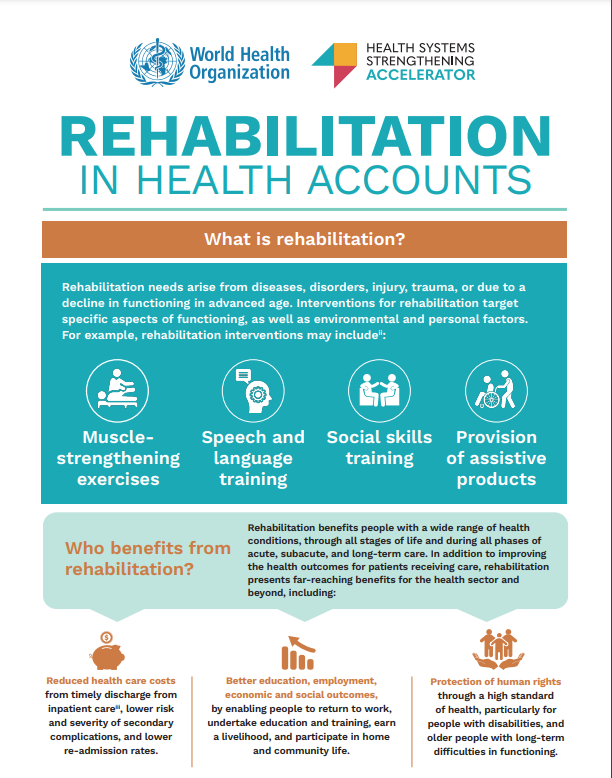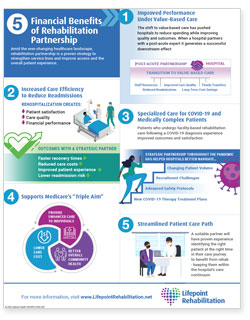Rumored Buzz on Narconon Africa
Wiki Article
Narconon Africa Fundamentals Explained
Table of ContentsNarconon Africa - The FactsGetting My Narconon Africa To WorkLittle Known Questions About Narconon Africa.Examine This Report on Narconon Africa10 Simple Techniques For Narconon AfricaThe 6-Second Trick For Narconon AfricaGetting The Narconon Africa To Work
In a series of papers with Manudeep Bhuller and Katrine V. Lken, we overcome these data difficulties and the nonrandomness of jail time, using new insights into how imprisonment affects recidivism, work, kids, and criminal networks - Drug addiction help. Figure 1 Our work researches the results of incarceration in Norway, a setting with 2 essential advantagesWe can better link this info to various other member of the family, including youngsters and siblings. Furthermore, we know on co-offending that enables us to draw up criminal networks for observed crimes. Second, we can utilize the arbitrary task of criminal situations to courts who vary in their tendencies to send out defendants to jail.
Some courts send offenders to prison at a high rate, while others are more lax. We gauge a judge's stringency as the average incarceration price for all various other instances a court manages, after controlling for court and year set effects, which is the degree of random assignment. This quasi-random project of judge stringency can be used as a tool for incarceration, as it highly predicts the judge's decision in the present situation, but is uncorrelated with various other instance qualities both by style and empirically.
Get This Report about Narconon Africa
Attributes of prisoners, consisting of demographics and criminal offense groups, are extensively comparable in Norway and other nations, consisting of the USA, with the exemptions that the United States homicide price is a lot higher, and race plays a bigger role there too. What sticks out as different, especially compared to the United States, is the jail system.Number 2In Norway, the ordinary time spent behind bars is a little over 6 months, which resembles most various other Western European nations. This contrasts with typical United States prison time of almost three years, which is in huge part the reason the United States is an outlier in its imprisonment price contrasted with the remainder of the world [Figure 1]
Not known Details About Narconon Africa
This supplies much more splitting up in between minor and hardened bad guys than exists in the United States. There is no overcrowding in Norwegian jails and far better individual security, with each prisoner being assigned to their own cell and a greater inmate-to-staff proportion than in the USA (https://hub.docker.com/u/narcononza12). Prisons in Norway also supply well-funded education and learning, drug therapy, mental wellness, and job training programsOur research on the results of incarceration on the wrongdoer, making use of the arbitrary task of courts as an instrument, returns 3 crucial findings. First, imprisonment inhibits further criminal behavior. We find that imprisonment decreases the chance that an individual will reoffend within five years by 27 portion factors and reduces the corresponding number of criminal charges per person by 10 costs.
The 7-Minute Rule for Narconon Africa
We find sizable declines in reoffending possibilities and advancing charged criminal offenses even after offenders are released from jail. Our second outcome is that predisposition because of choice on unobservable individual attributes, if ignored, results in the erroneous final thought that time spent in jail is criminogenic. If we just compare criminal defendants sentenced versus those not sent out to prison, we discover positive associations between imprisonment and succeeding crime.This stands in comparison to our analysis based on the arbitrary task of judges, which locates an opposite-signed result. Third, the decrease in crime is driven by people who were not working before incarceration. Amongst these individuals, imprisonment boosts participation in programs routed at boosting employability and reducing regression, and this eventually elevates work and incomes while preventing criminal actions.

Imprisonment creates a 34 portion factor increase in involvement in job training programs for the formerly nonemployed, and within five years their employment rate rises by 40 percentage points. At the very same time, the likelihood of reoffending within five years is reduced by 46 percentage points, and there is a decline of 22 in the average variety of criminal costs.
Some Known Incorrect Statements About Narconon Africa

A possible description for the distinction is that Norway's jail system varies substantially, both in terms of prison-term size and prison problems, from the US jail system. While recognizing the results of incarceration on the offender is an essential very first step, catching spillover effects is additionally important for evaluating criminal justice plan and designing reliable jail systems.
The Buzz on Narconon Africa

Normal least squares estimates expose that youngsters of incarcerated papas are 1 percentage factor more most likely to be charged with a criminal activity, relative to a mean of 13 percent, and show no impact on school grades. Using our court stringency instrument, we discover no analytical proof that a father's incarceration affects a kid's very own crime or college grades, but we are not able to rule out modest-sized results.
The Greatest Guide To Narconon Africa
We define criminal teams based upon network links to previous criminal situations. Our analysis yields 3 major findings. When a criminal network participant is jailed, their peers' possibility of being billed with a future criminal activity lowers by More hints 51 percent points over the next 4 years. Having an older bro jailed decreases the possibility his younger sibling will be billed with a criminal offense by 32 percent factors over the next 4 years.Report this wiki page